After a five-year absence, in part due to the pandemic causing disruptions in touring, Dávila 666 has returned to the west coast like a drug-addled bat out of hell. Doing 19 dates in just about the same amount of time, the band has proven that they are still as locked in as ever. For those unfamiliar, Dávila 666 is a band from Puerto Rico (a territory of the colonial United States) that blends elements of 77-style punk, garage rock, and psychedelia together to create a sound that is at once nostalgic and fresh. They sing and belt in Spanish with a fervor that can be enjoyed with or without knowing the language. Their songs can be at one moment filled existential myopia and philosophical dread then shift to moments of resistance and resilience with some good old fashion carnal and romantic notions sprinkled in for good measure. The band sounds amazing when recorded; the layers of the dueling vocals and group harmonizations, the aggressive guitar and bass rhythms on some songs, with multiple layers of percussion coming from both the drummer and tambourine, and an unnameable playfulness that all comes together in a way that can hype up any moment.
Hearing the recordings does little to prepare you for the experience of seeing them live. We checked out the band on one of their earlier dates of the tour at Alex’s Bar in Long Beach and they did not disappoint. The venue is a storied place where many punk rock legends have come to play smaller shows. There is a charm and grit to the space that definitely has a punk rock vibe, but also a bit of Mexican influence to their décor. You might recognize the space if you’re a fan of the HBO series True Blood. From the moment the band took the stage they were on. The songs were loud and blaring but not overwhelming. The banter between the band members (only five members were on this tour) was humorous as well as pulled in the crowd. You could feel the emotions of the songs and the energy of the band. The band moved across the stage, playing off of one another’s energies. There was a level of impromptu choreography to the movements that made everything always feel tight and put together. A Puerto Rican poet friend of mine casually mentioned while smiling that they were getting Menudo (the boy group not the food) vibes from them. I, without as deep of a cultural context of Puerto Rico and boy groups in general latch more onto the punk and garage elements of the band, casually pushed that notion aside. But the very next day a post promoting their show in Lancaster, CA mentioned that Dávila 666 was a Menudo on drugs. You’d be right to guess that I promptly received an “I told you so message” that day. That’s one of the band’s charms, their ability to reach different audiences and give completely different, though complimentary, experiences all at once. If you missed their dates in Long Beach and San Pedro, you are in luck because they are heading to The Paramount in Boyle Heights on July 4th before they swing into Arizona to close out the tour. Here’s to hoping that they come back sooner than another five years.
Honorable mention goes to the band Mad Menace and the Murder Dogs who had their debut show opening the night. While bringing in a bit of garage rock to the mix, they really channeled the energy and essence of Motorhead with hard hitting rock songs that packed a punch. The band has that classic straight ahead rock energy going for them that is missing in a lot of bands these days. For a first show, MMMD was quite tight in their set and the songs, while calling back to older genres didn’t feel like a recycling of a genre. Keep an eye out for them as their songs will be up on SoundCloud and Bandcamp soon.
- Zachary C Jensen

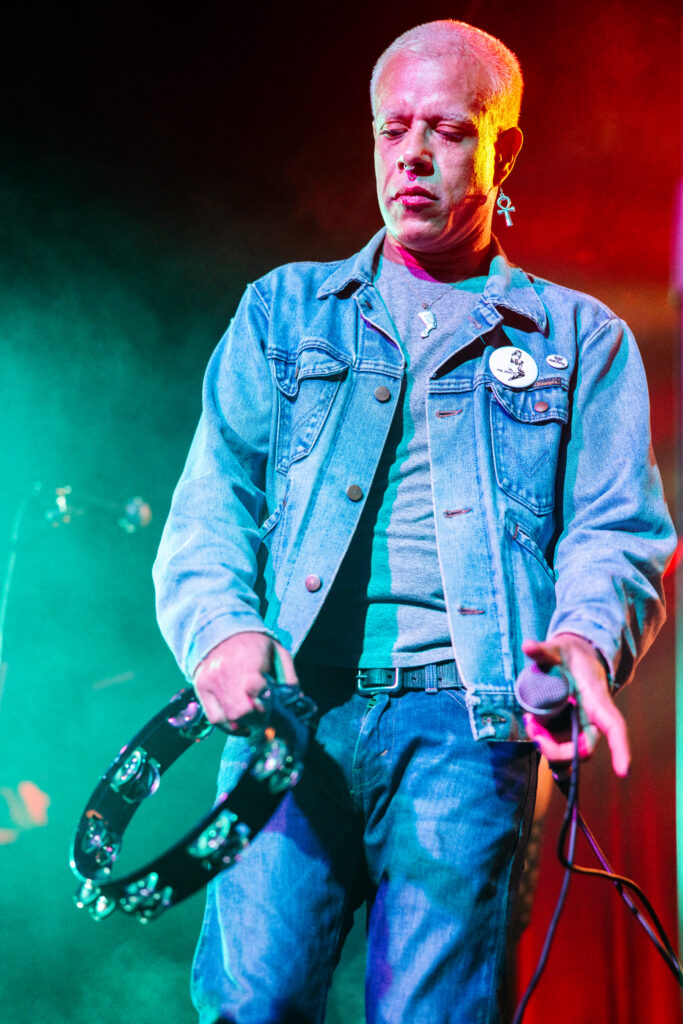

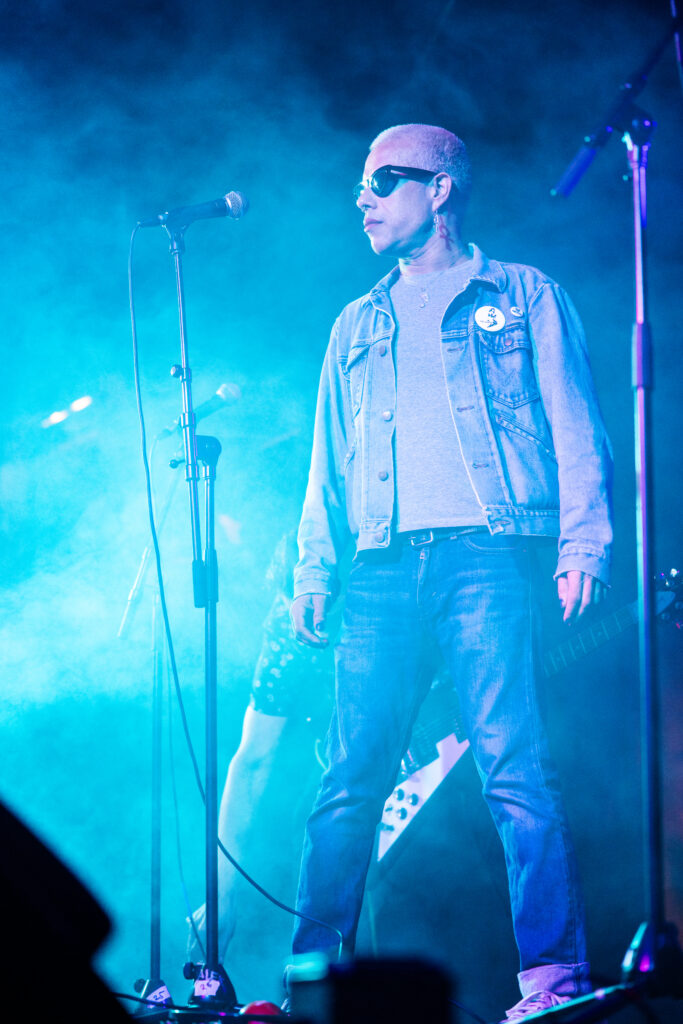












Bowie De La Pena, a native of Southern California, is a dedicated photographer and student at Cal State Long Beach, a decision influenced by the city’s vibrant music scene. Bowie has been honing his photography skills for six years, with a particular focus on music photography for the past four. Initially inspired by friends who were talented musicians and skaters, Bowie picked up a camera as he found his true passion behind the lens. He started with a Canon 7D borrowed from his high school, which he used extensively before acquiring his own camera. His work can be found on his Instagram @bowie_stop




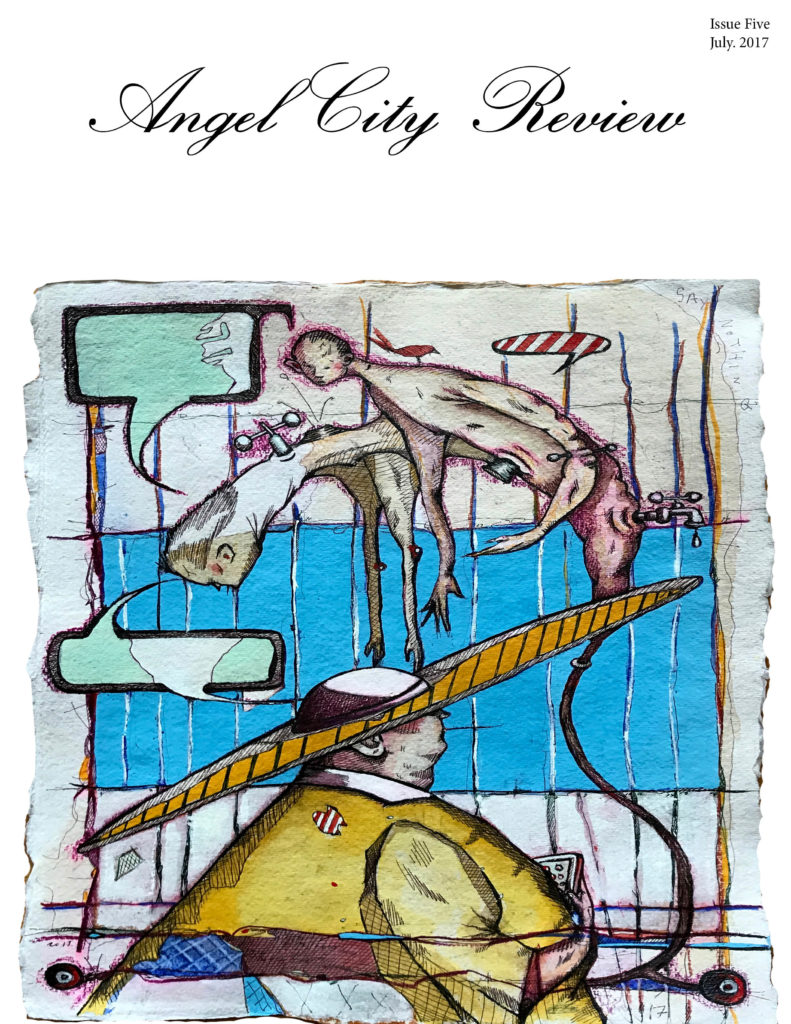

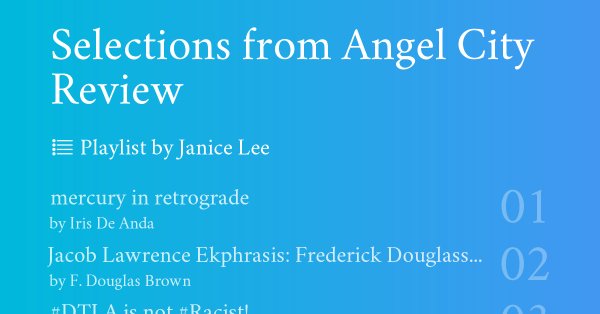
 Smooth-Talking Dog by Roberto Castillo Udiarte
Smooth-Talking Dog by Roberto Castillo Udiarte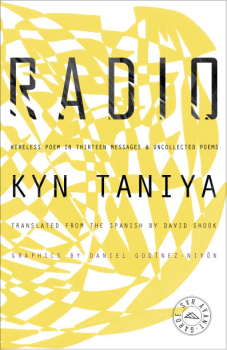
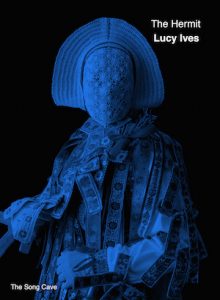 The Hermit by Lucy Ives
The Hermit by Lucy Ives